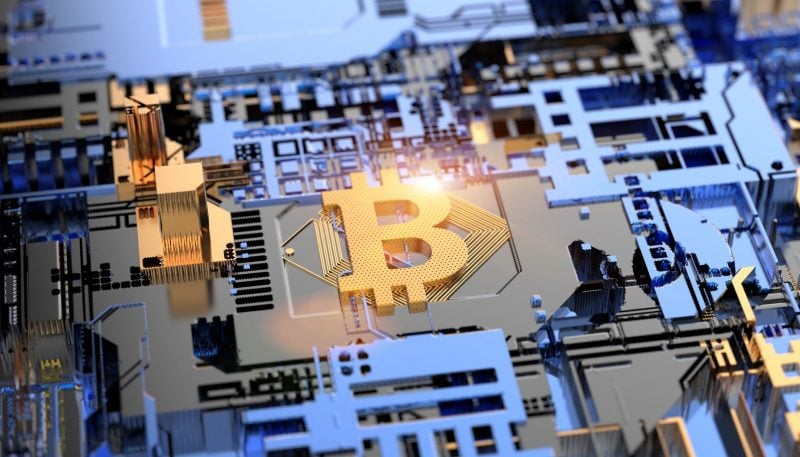Key Takeaways
- The new Russian law allows the government to ban digital currency mining in specific areas.
- Federal agencies now have access to digital currency identifier addresses.
Share this article
The Russian government has enacted a new law regulating digital currency turnover, aiming to control Bitcoin and crypto mining activities, Russian news agency TASS reported Saturday.
Set to take effect on November 1, the legislation enables the Russian government to ban digital currency mining in designated regions or territories. It also outlines the conditions under which such bans can be implemented.
Under the new regulations, the government can regulate the activities of mining infrastructure operators, a shift from previous obligations to a now formalized right, the report stated.
The law also broadens the scope of entities that can access digital currency identifier addresses. Previously limited to the Federal Financial Monitoring Service, now all federal executive bodies, including inquiry and investigative agencies, have this capability.
The new law permits individuals to mine without registration if they stay within specific electricity usage limits, whereas businesses must be registered to mine legally.
The Federal Tax Service will oversee the miner’s register, which was formerly managed by the Ministry of Digital Development. For repeated infractions within a year, the Federal Tax Service can remove companies from the miner’s register, prohibiting them from providing services to unregistered or deregistered entities.
The latest development comes after Russia legalized crypto mining earlier this year. The law allows Russian legal corporations to participate in large-scale crypto mining activities. Individuals can also mine without registering if they adhere to specific electricity consumption limits.
The Russian government is ramping up efforts to capitalize on the digital asset economy. Several developments have been made over the past few months to establish a regulatory framework for crypto mining and an experimental regime for cross-border crypto settlements and trading.
In late August, Moscow initiated tests to use crypto for international payments, regulated by the Bank of Russia, to lessen sanctions’ impact.
Putin recently confirmed that the BRICS group, which includes Russia, will explore the use of digital currencies for investment. Members of the group aspire to reduce their reliance on the US dollar. Digital currencies can help them achieve that goal while also benefiting developing economies and their member countries.
Share this article

